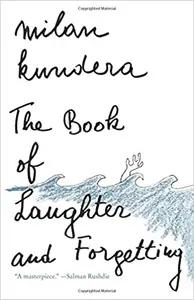The Book of Laughter and Forgetting: A Novel
By Milan Kundera
Category
LiteratureRecommended by
"The Book of Laughter and Forgetting" by Milan Kundera is a powerful exploration of the complexities of memory, love, and political oppression. Through a series of interconnected stories, Kundera weaves together various themes and narratives, creating a thought-provoking and deeply philosophical work.
In this compelling book, Kundera delves into the nature of laughter and its ability to liberate individuals from the weight of their existence. He explores how laughter can be an act of rebellion against political oppression and social conformity, highlighting the importance of maintaining a sense of humor in difficult times.
Memory is another central theme, as Kundera examines the impact of forgetting on individuals and societies. He questions the role of memory in shaping personal identities and collective histories, ultimately suggesting that forgetting can be both a necessary and destructive force.
Love, in all its complexities and contradictions, is a recurring motif throughout the book. Kundera explores the different dimensions of love, from the passionate and sensual to the platonic and complicated. He delves into the power dynamics, jealousy, and infidelity that can permeate relationships, reflecting on the ways in which love can be both a source of joy and a source of pain.
Political oppression and censorship also feature prominently in "The Book of Laughter and Forgetting", as Kundera recalls the realities of life under communist rule. He explores the ways in which political powers manipulate and control narratives, erasing and rewriting history for their own gain.
Through his masterful storytelling and vivid characters, Kundera provokes introspection and raises essential questions about the human condition. "The Book of Laughter and Forgetting" is a profound examination of the intricacies of memory, love, and the struggle for individual and collective freedom.
In this compelling book, Kundera delves into the nature of laughter and its ability to liberate individuals from the weight of their existence. He explores how laughter can be an act of rebellion against political oppression and social conformity, highlighting the importance of maintaining a sense of humor in difficult times.
Memory is another central theme, as Kundera examines the impact of forgetting on individuals and societies. He questions the role of memory in shaping personal identities and collective histories, ultimately suggesting that forgetting can be both a necessary and destructive force.
Love, in all its complexities and contradictions, is a recurring motif throughout the book. Kundera explores the different dimensions of love, from the passionate and sensual to the platonic and complicated. He delves into the power dynamics, jealousy, and infidelity that can permeate relationships, reflecting on the ways in which love can be both a source of joy and a source of pain.
Political oppression and censorship also feature prominently in "The Book of Laughter and Forgetting", as Kundera recalls the realities of life under communist rule. He explores the ways in which political powers manipulate and control narratives, erasing and rewriting history for their own gain.
Through his masterful storytelling and vivid characters, Kundera provokes introspection and raises essential questions about the human condition. "The Book of Laughter and Forgetting" is a profound examination of the intricacies of memory, love, and the struggle for individual and collective freedom.
Share This Book 📚
More Books in Literature
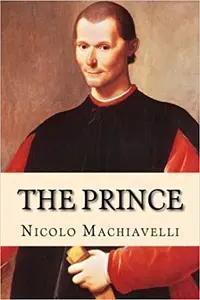
The Prince
Nicolo Machiavelli
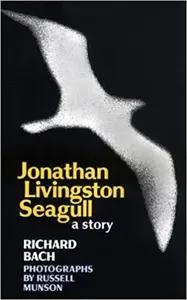
Jonathan Livingston Seagull
Richard Bach
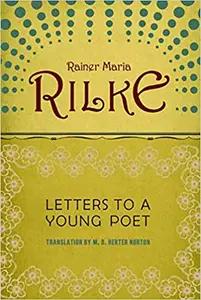
Letters to a Young Poet
Rainer Maria Rilke
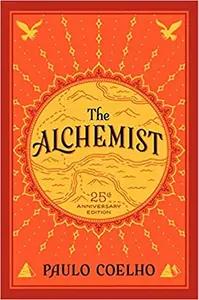
The Alchemist
Paulo Coelho
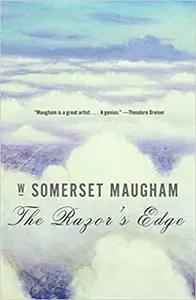
The Razor's Edge
W. Somerset Maugham

100 Best-Loved Poems
Philip Smith
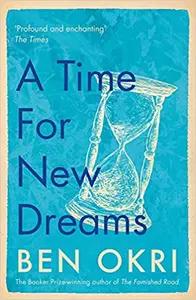
A Time for New Dreams
Ben Okri
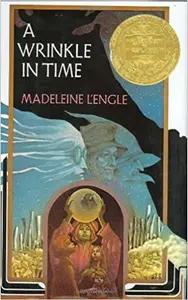
A Wrinkle in Time
Madeleine L'Engle
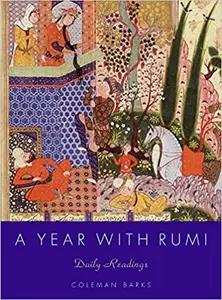
A Year with Rumi
Coleman Barks

Anna Karenina
Leo Tolstoy
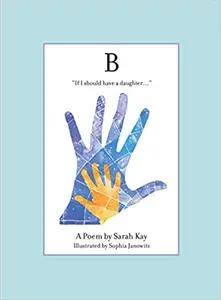
B
Sarah Kay
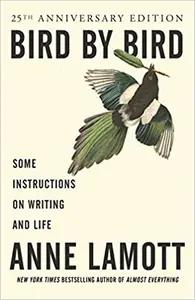
Bird by Bird
Anne Lamott

Catch-22
Joseph Heller

Crime and Punishment
Fyodor Dostoevsky

David Foster Wallace
David Foster Wallace
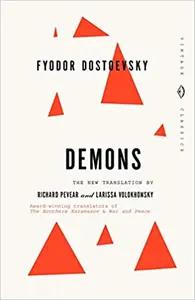
Demons
Fyodor Dostoevsky
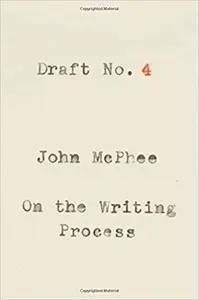
Draft No. 4
John McPhee
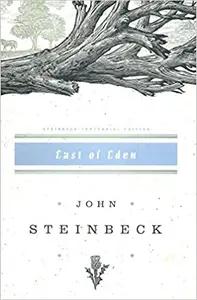
East of Eden
John Steinbeck
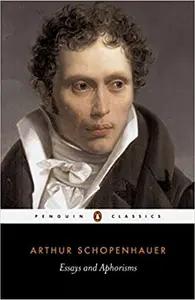
Essays and Aphorisms
Arthur Schopenhauer
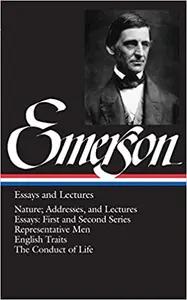
Essays and Lectures
Ralph Waldo Emerson

Ficciones
Jorge Luis Borges

Four Quartets
TS Eliot
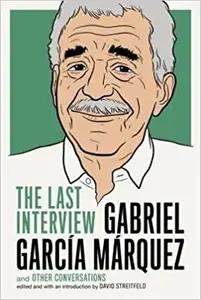
Gabriel Garcia Marquez
Gabriel Garcia Marquez

Goethe's Poems and Aphorisms
Goethe
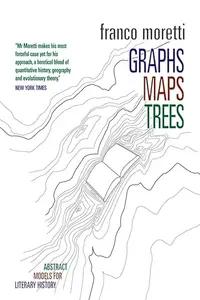
Graphs, Maps, Trees
Franco Moretti
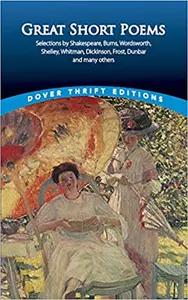
Great Short Poems
Paul Negri

Hamlet
William Shakespeare

Hyperbole and a Half
Allie Brosh
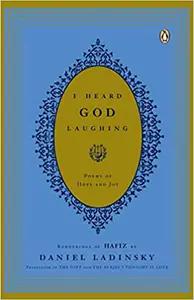
I Heard God Laughing
Hafiz

I Wrote This Book Because I Love You
Tim Kreider
Popular Books Recommended by Great Minds 📚
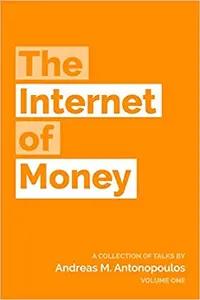
The Internet of Money Volume 1
Andreas Antonopolous
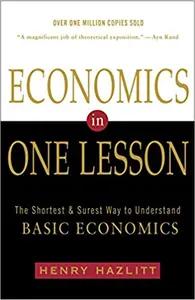
Economics in One Lesson
Henry Hazlitt
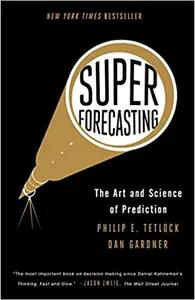
Superforecasting
Philip Tetlock
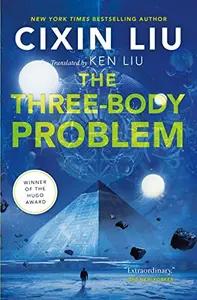
The Three Body Problem
Cixin Liu
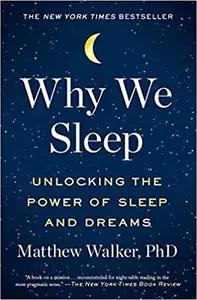
Why We Sleep
Matthew Walker
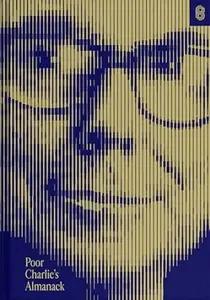
Poor Charlie's Almanack
Charlie Munger
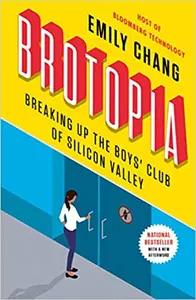
Brotopia
Emily Chang
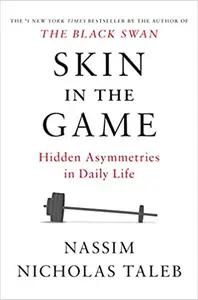
Skin In The Game
Nassim Taleb
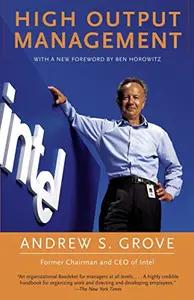
High Output Management
Andrew Grove
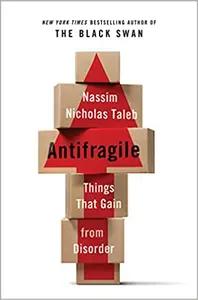
Antifragile
Nassim Nicholas Taleb

The Innovators Dilemma
Clayton Christensen
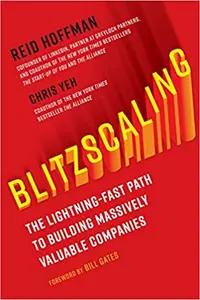
Blitzscaling
Reid Hoffman
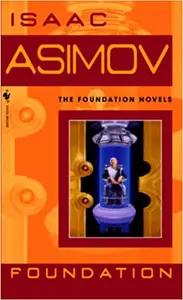
Foundation
Isaac Asimov
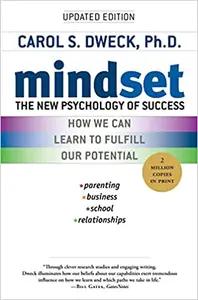
Mindset
Carol Dweck
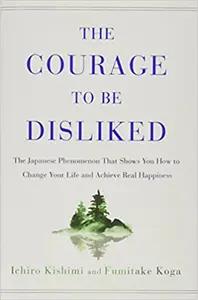
The Courage To Be Disliked
Ichiro Kishimi

Destined For War
Graham Allison

Extreme Ownership
Jocko Willink

Only the Paranoid Survive
Andy Grove
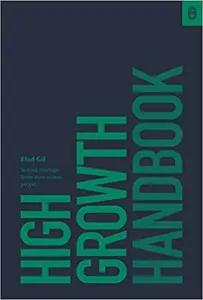
High Growth Handbook
Elad Gil
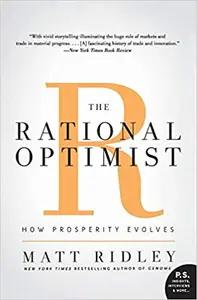
The Rational Optimist
Matt Ridley
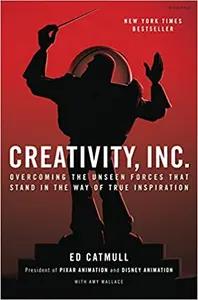
Creativity, Inc.
Ed Catmull

Titan
Ron Chernow
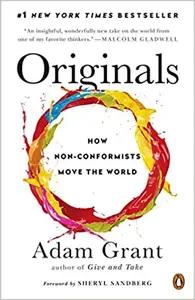
Originals
Adam Grant
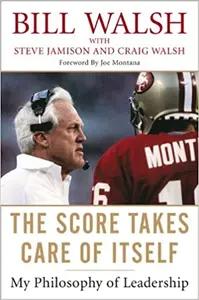
The Score Takes Care of Itself
Bill Walsh
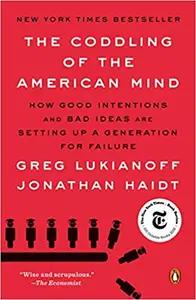
The Coddling of the American Mind
Greg Lukianoff & Jonathan Haidt
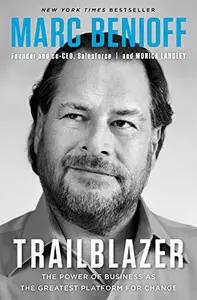
Trailblazer
Marc Benioff
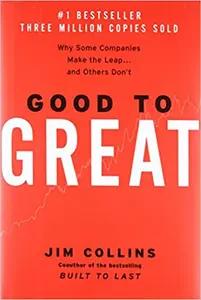
Good To Great
Jim Collins
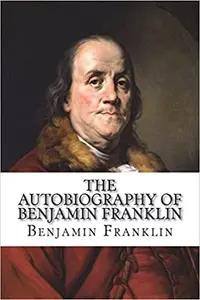
The Autobiography of Benjamin Franklin
Benjamin Franklin
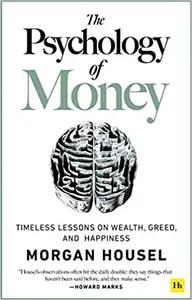
The Psychology of Money
Morgan Housel

Can't Hurt Me
David Goggins
